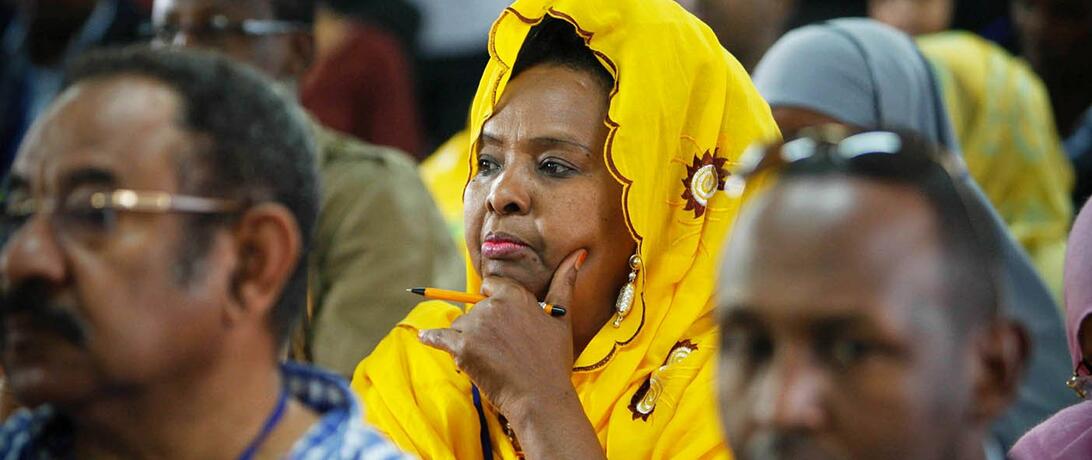
Civil society is often better-placed, has specialized expertise, and a nuanced understanding of local dynamics to help identify and address conditions relating to the escalation of political violence. We discuss three ways women in civil society promote security and prevent violent extremism.
One of the Women, Peace and Security (WPS) UN Security Council Resolutions that specifically focuses on countering violent extremism is Resolution 2242. The 2015 resolution calls for greater integration by Member States and the UN of their agendas on WPS, counter-terrorism, and countering violent extremism. It urges UN Member States to ensure the participation and leadership of women and women’s organizations in countering violent extremism, and to build their capacity to do so.
As the Women’s Alliance for Security Leadership (WASL) points out in their recent policy brief, civil society is often better-placed, has specialized expertise, and a nuanced understanding of local dynamics to help identify and address conditions relating to the escalation of political violence.
Here are three ways women in civil society promote security and prevent violent extremism:
- Civil society experts can provide insight and expertise regarding innovative and effective practices in education, media, and economic initiatives that are specific to countering violent extremism. For example: Mother’s Schools across Europe are training mothers to learn the early warning signs of radicalization, start open discussions about extremism with their children, and in some cases, encourage them to return home even after being radicalized.
- Civil society organizations can provide a gender analysis and insight into a community, to challenge the narratives of violence and intolerance. A gender analysis also helps provide a feedback loop regarding the quality and impact of CVE programs. For example: in Libya, The Voice of Libyan Women conducted an assessment on female security that received the attention of the Ministry of Interior and Defense. This led to the Ministry inviting women throughout the country to national planning meetings on disarmament, demobilization, reintegration, and reconciliation.
- Women in civil society can provide training and other forms of capacity-building for security personnel, parliamentarians, journalists, and others. Women’s distinct experiences of conflict and their knowledge of community priorities can help security personnel understand local needs better. This can help increase community buy-in, as well as help with oversight. For example: in Nepal, the organization Maiti connects survivors of trafficking with border police as part of border surveillance teams that identify trafficked women and girls. Their collaboration with border police has led to the identification of police corruption, and the creation of a policewomen’s unit to work with Maiti’s border surveillance team.
Article Details
Published
Topic
Program
Content Type
Opinion & Insights